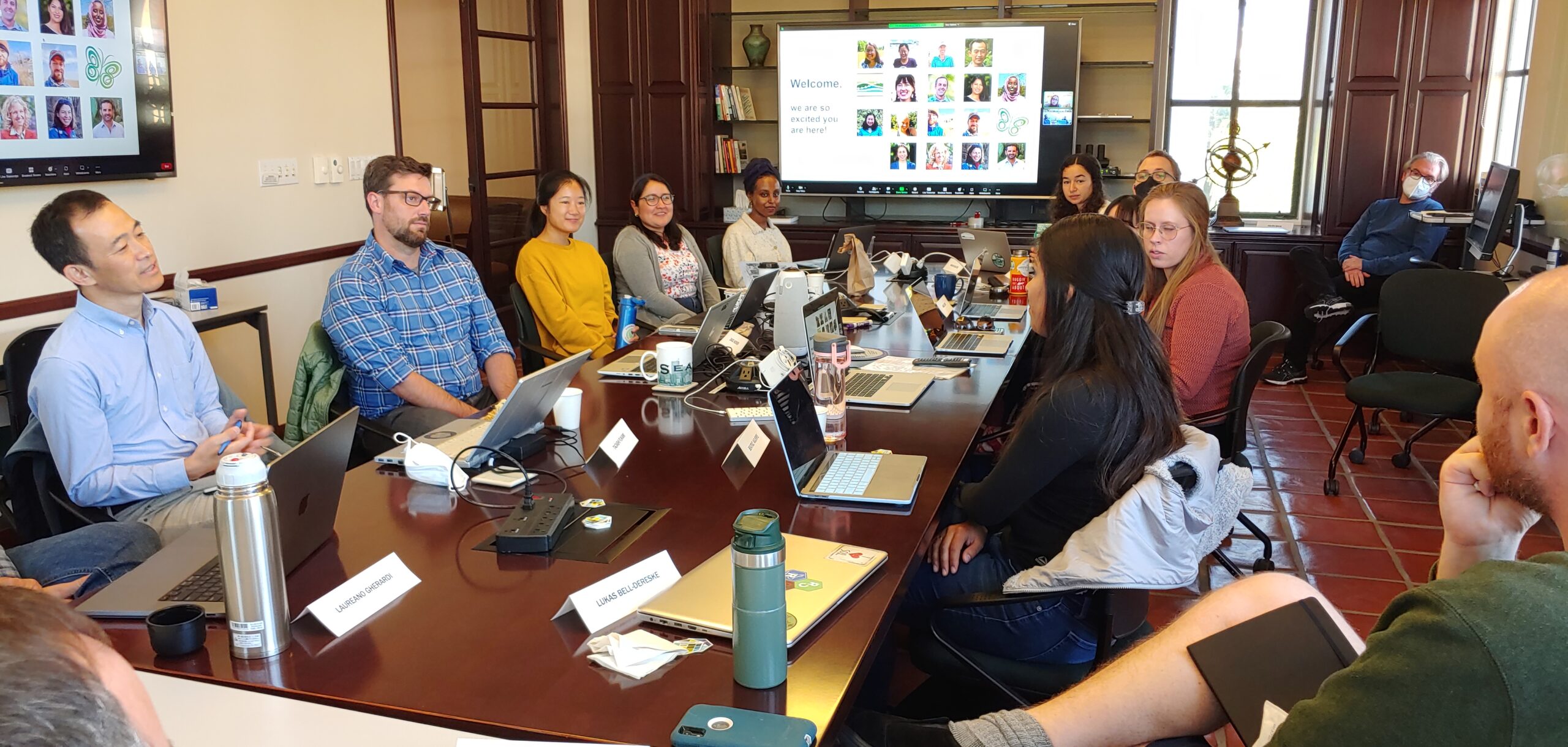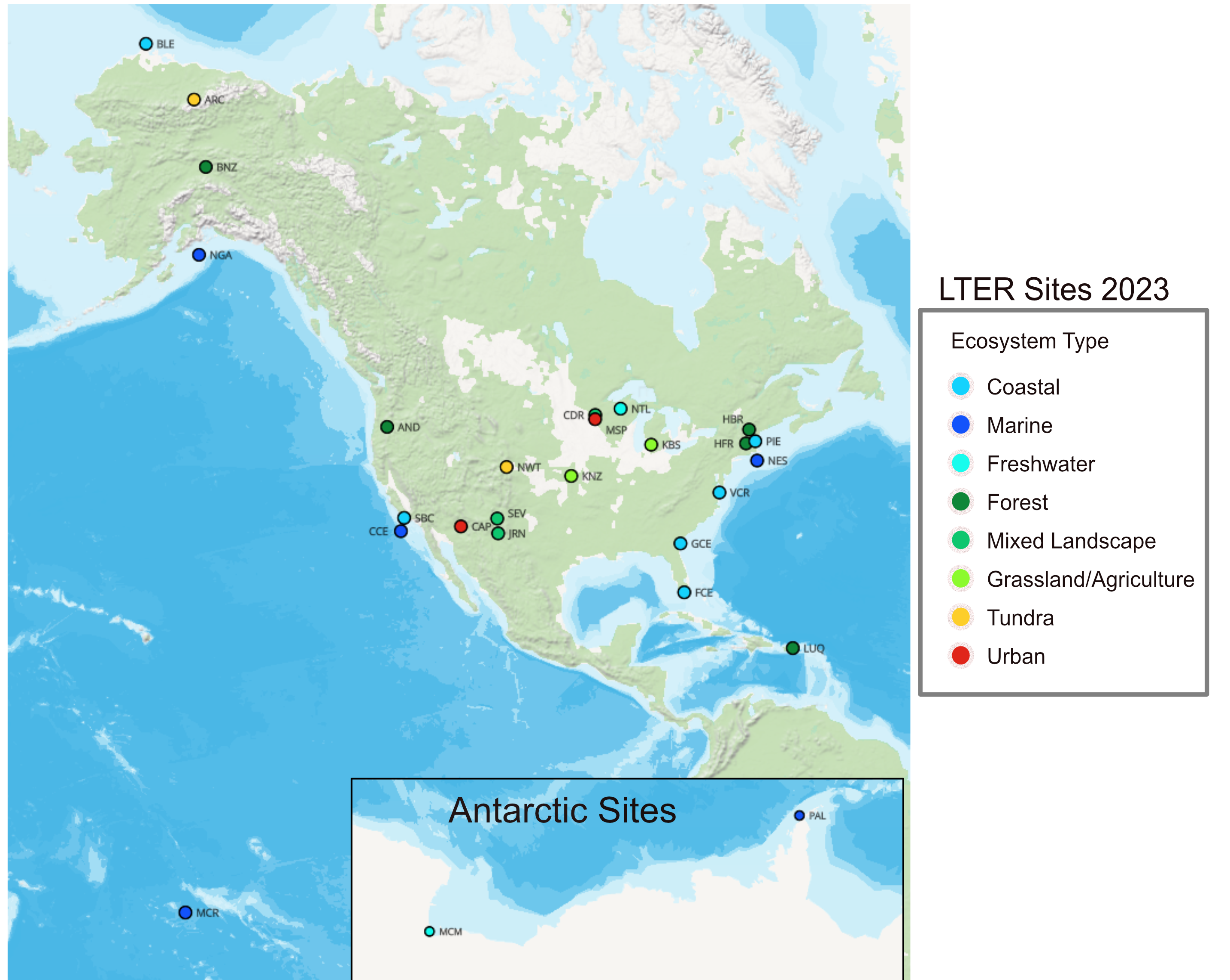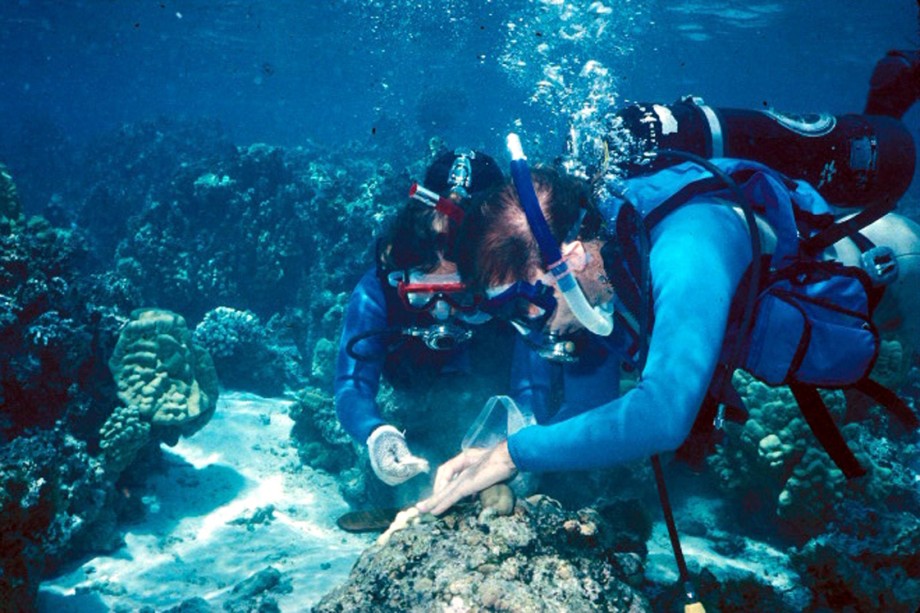Group synthesis projects have the potential to develop high impact science and build strong supportive colleague networks—but they demand a set of skills that are rarely taught. In 2026, LTER launches a rescoped version of the synthesis skills course that we debuted in 2024.
The 2026 course will be:
- Three months of instructional time (September-December 2026)
- Open to participants from across the ecological research community
- 100% online
Participants gain the technical and interpersonal skills needed to assemble, scope, manage, and communicate a team-science synthesis project. Small groups put the lessons into immediate practice through a team science project that they plan during the semester and may opt to continue pursuing. Instructors include LTER Network Office facilitators and data scientists as well as experienced leaders of successful synthesis science projects.
SSĒCR Goals
Background
The SSĒCR experience is designed to familiarize graduate students and postdocs with collaborative synthesis research. About 30 early career researchers will develop small-group synthesis projects (4-5 participants/group), building on instruction in the range of skills required for conducting collaborative synthesis and networking with experienced synthesis scientists.
LTER Network Office staff develop and deliver instructional materials along with a rotating group of guest instructors. The course focuses on both technical skills (data discovery, data management, collaborative and reproducible coding, interactivity, etc.) and critical (Farrell et al. 2021) interpersonal skills (building and facilitating a diverse team, supporting divergent and emergent thinking, reproducible reporting, and effectively communicating results).
Each graduate student or postdoc applicant proposes a synthesis research project as part of the application. Early in the course, selected participants will align, scope, and refine collaborative projects that build on individual interests. Proposed projects may come directly from a participant’s experience, from a list of suggested projects, or may be inspired by the work of current and past synthesis groups.
Surface Synthesis Ideas
How often does an ambitious idea for synthetic research arise while contemplating a third dissertation chapter, in a lab group meeting, or kicking back after a long day in the field—but it needs skills or expertise that isn’t readily available? What if you could get help assembling that expertise?
Virtually every research project (and especially synthesis projects) ends up resolving a few questions and generating dozens more. But those great ideas get buried under deadlines and emails. What if a group of eager young researchers could pick up the ball and run with it?
SSĒCR is asking applicants to bring their own synthesis research ideas and also assembling a database of questions that are ripe for synthetic approaches but have not yet been tackled, which will be available to course participants to build on and adapt.
When contributed synthesis research ideas are chosen as team projects, the researchers who contributed them will have the first opportunity to serve as project mentors and to participate in any publications that emerge.
Connect across Sites and Networks
When LTER students and researchers are able to connect across sites, they invariably come away energized and inspired by the range of work taking place in the LTER Network. Somehow seeing one’s own question through the lens of a different ecosystem injects a new sense of curiosity and perspective. SSĒCR is designed to explore the potential of cross-site projects that dig deep and build lasting connections.
Intergenerational Links
Project mentors and presenters will be recruited from across the LTER Network and other national networks, building a web of professional and personal relationships that will benefit both students and mentors for years to come.
Participation in SSĒCR offers many opportunities to build and deepen intergenerational linkages, from mentoring research projects, to sharing your synthesis experience, to developing and teaching course materials. For additional information on ways to be involved, visit the SSĒCR mentor application page.
Synthesis research project mentors will:
- Meet with their project groups 4-5 times during the course (September-December) and may continue to mentor projects as they develop after the course.
- Point students toward key papers, analytical methods, and colleagues that are relevant for the proposed project.
- Be or become generally familiar with the instructional content of the course. Mentors need not be skilled in scripted analysis, but should understand the value and purpose of reproducible research approaches.
- Review and advise on any project publications.
We cannot provide funding for project mentors, but we expect that most group projects will produce a data paper, analytical package, or a journal article and mentors will likely contribute enough to warrant co-authorship of those products.













